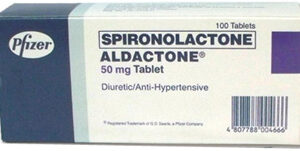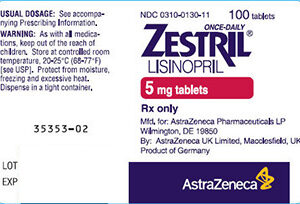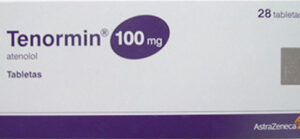Procardia, also known by its generic name nifedipine, is a medication primarily used to treat high blood pressure and angina (chest pain). It belongs to a class of drugs known as calcium channel blockers, which work by relaxing and widening the blood vessels, allowing for better blood flow and reducing the workload on the heart. Procardia is available in tablet form and is usually taken orally. It is a prescription-only medication that should be used under the guidance of a healthcare professional.
Do’s and Don’ts
Procardia should not be taken by individuals who have a known hypersensitivity or allergy to nifedipine or any other components of the drug. It is also contraindicated in patients with unstable angina, recent heart attack, liver disease, or severe hypotension (low blood pressure). Additionally, Procardia should not be used during pregnancy or while breastfeeding without consulting a doctor.
Possible Side Effects
Like any medication, Procardia may cause side effects, although not everyone who takes it will experience them. Common side effects of Procardia include headache, dizziness, flushing, edema (swelling), and nausea. Less common side effects may include constipation, heartburn, fatigue, and irregular heartbeat. If any of these side effects persist or worsen, it is important to inform your healthcare provider. In rare cases, Procardia may cause more serious side effects such as a severe allergic reaction, difficulty breathing, or chest pain. Seek immediate medical attention if you experience any severe or unexpected side effects.
How to Use
Procardia should be taken exactly as prescribed by your healthcare provider. It is typically recommended to take the medication with or immediately after a meal to help with absorption. The dosage and frequency will depend on your individual condition, and it is important to follow the instructions provided by your doctor. If you miss a dose, take it as soon as you remember unless it is close to the time for your next scheduled dose. Do not double the dose to make up for a missed one. In case of an overdose, seek immediate medical attention. Symptoms of an overdose may include severe dizziness, fainting, or irregular heartbeat.
How Other Drugs Affect Procardia
Procardia may interact with other medications, including herbal products and over-the-counter drugs. It is important to inform your healthcare provider about all the medications you are currently taking, including prescription and non-prescription drugs. Certain drugs, such as beta blockers, digoxin, and grapefruit juice, may interact with Procardia and affect its effectiveness or increase the risk of side effects. Avoid consuming grapefruit or grapefruit juice while taking Procardia unless otherwise advised by your doctor.
Questions and Answers for Procardia
- Q: Can I drink alcohol while taking Procardia?
- A: It is generally recommended to avoid consuming alcohol while taking Procardia, as it can increase the risk of side effects such as dizziness or fainting.
- Q: Can Procardia be used to treat migraines?
- A: Procardia is not typically prescribed for migraines, as it is primarily used to treat high blood pressure and angina. There are other medications specifically for migraine treatment.
- Q: Can Procardia be used during pregnancy?
- A: Procardia should only be used during pregnancy if specifically prescribed by a healthcare professional. It is important to discuss the risks and benefits with your doctor.
- Q: Can Procardia be taken with food?
- A: Procardia is usually taken with or immediately after a meal to improve absorption. However, it is best to follow the specific instructions provided by your doctor.
- Q: Can Procardia be used in children?
- A: Procardia may be prescribed to children under specific circumstances and under the guidance of a pediatrician. The dosage and usage will be determined by the child’s healthcare provider.






Reviews
There are no reviews yet.